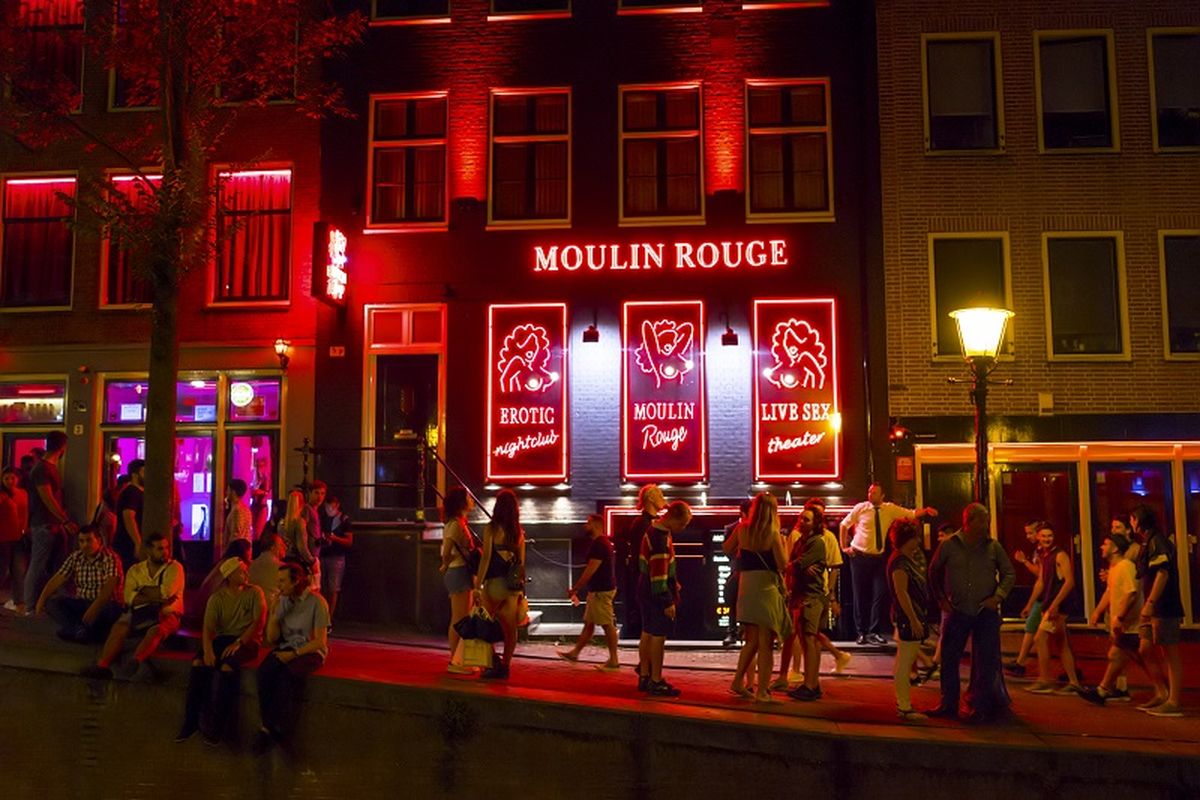The Netherlands Rethinks Coronavirus Guidelines on Face Masks as Cases Rise

AMSTERDAM, KOMPAS.com – A surge in the number of Covid-19 cases in the Netherlands has prompted the government to rethink the country's coronavirus guidelines.
Until recently, the Netherlands was so comfortable with its test-and-trace plan that it found no urgency to make wearing face masks mandatory.
But in the past month, a surge in new cases has catapulted the per capita infection rate into the top 10 in the world, with a weekly infection rate of around 160 per 100,000 population, as that plan has run into trouble.
Read also: National Dutch Government Says No, Amsterdam Says Yes to Face Masks
On Wednesday, the Dutch parliament was debating an emergency law that would give government the power to make wearing face masks mandatory in public places if it chose to, as the daily rate of new infections reached a new record high of nearly 5,000.
After the first wave of infections waned in May, the Netherlands worked to boost testing capacity, promising they would be available to all.
The strategy was to find hotspots fast, and isolate people quickly to stop contagion.
Laboratories said they had increased capacity by two-thirds to 51,000 tests per day.
But last month, tests were again limited to people with serious health issues, and Prime Minister Mark Rutte acknowledged capacity was far below demand.
Read also: Europe’s Coronavirus Reinfection Cases Involve Dutch and Belgian Patients
"We don't have our basic infrastructure in order", Public Health Professor Jochen Mierau told Reuters.
"There is a shortage of tests, while Germany has more than enough to even test people without symptoms."
The Netherlands' much bigger neighbor has also experienced a surge in infections but has so far kept the weekly rise to around 20 per 100,000.
Masking up
But Germany not only has a bigger testing capacity, but it has implemented a different set of coronavirus guidelines than the Netherlands.


































